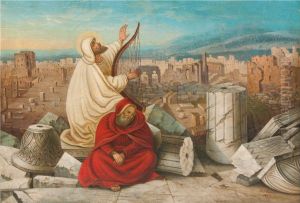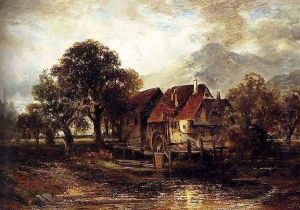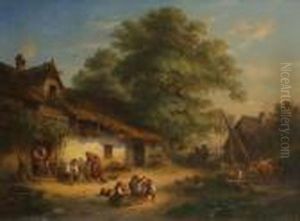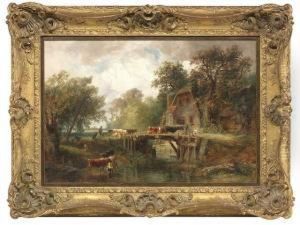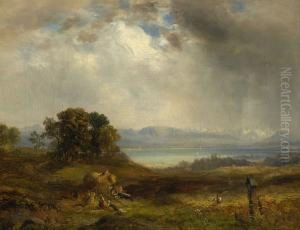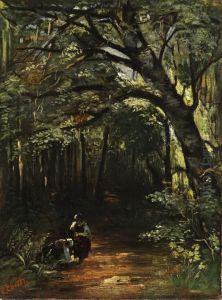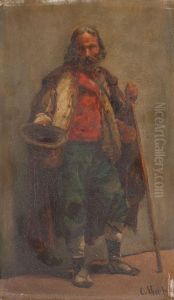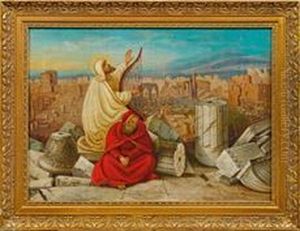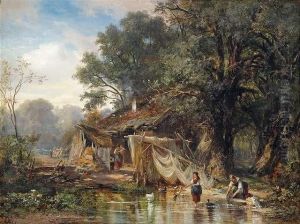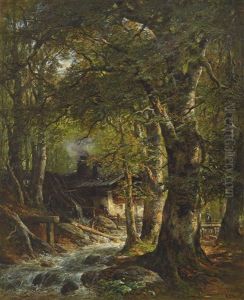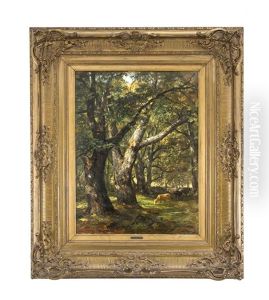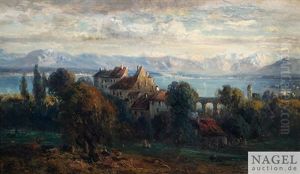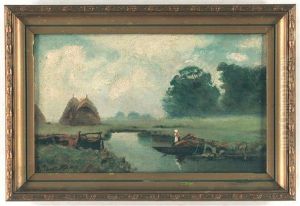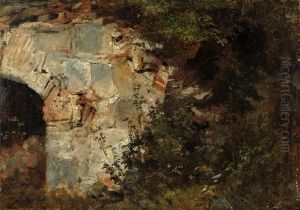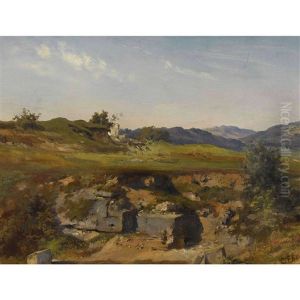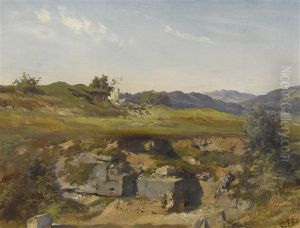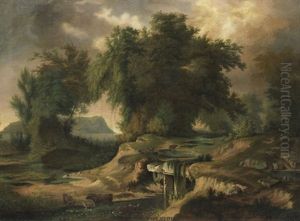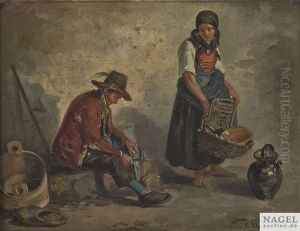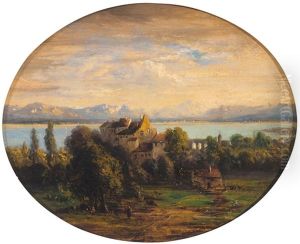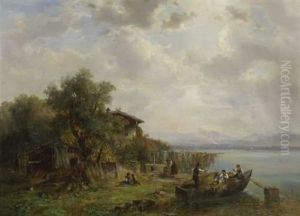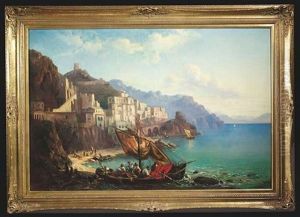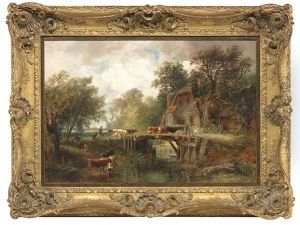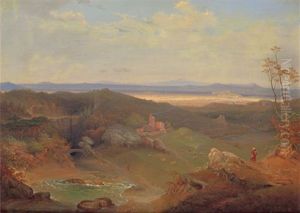Carl Ebert Paintings
Carl Ebert was a significant figure in the world of opera and theater, well-known for his contributions as a stage director and administrator. Born on February 20, 1887, in Berlin, Germany, Ebert's early years saw him gravitating towards theater and the performing arts. His career began as an actor, but he soon discovered his passion for directing, which would become his lifetime vocation.
Ebert's impact on the operatic scene was most prominent during the interwar period, where he served as the intendant (administrative director) of the Municipal Opera in Berlin from 1924 to 1933. During his tenure, he was highly praised for his innovative and modernist productions, which often emphasized the psychological depth and dramatic integrity of the operas he staged. Ebert was a contemporary of other influential theatrical practitioners of the time and was part of the movement that sought to bring a new level of realism and intensity to the operatic stage.
However, with the rise of the Nazi regime in Germany, Ebert, who was not Jewish but was a known anti-fascist, was forced to resign from his position and eventually fled the country. His career then took an international turn as he worked in various countries, including the Soviet Union, Turkey, and the United States. Notably, he played a crucial role in establishing the Ankara State Conservatory in Turkey, helping to lay the foundation for the country's Western-style theatrical and musical education.
Ebert's influence extended into the post-war period as well. In 1947, he was instrumental in the re-establishment of the Glyndebourne Festival Opera in England, along with John Christie and conductor Fritz Busch. Ebert's directorship at Glyndebourne lasted until 1959, and during this time, he was highly regarded for his Mozart productions, which were central to the festival's repertoire and acclaim.
Throughout his career, Carl Ebert maintained a focus on the educational aspects of theater and opera, often teaching and mentoring young artists. His directorial style was known for its clarity, dramatic force, and musical sensitivity, making him one of the notable opera directors of the 20th century.
Carl Ebert's legacy lives on through the many productions he directed and in the institutions he helped to shape and develop. He passed away on May 14, 1980, in Santa Monica, California, leaving behind a rich legacy in the world of opera and theater.
